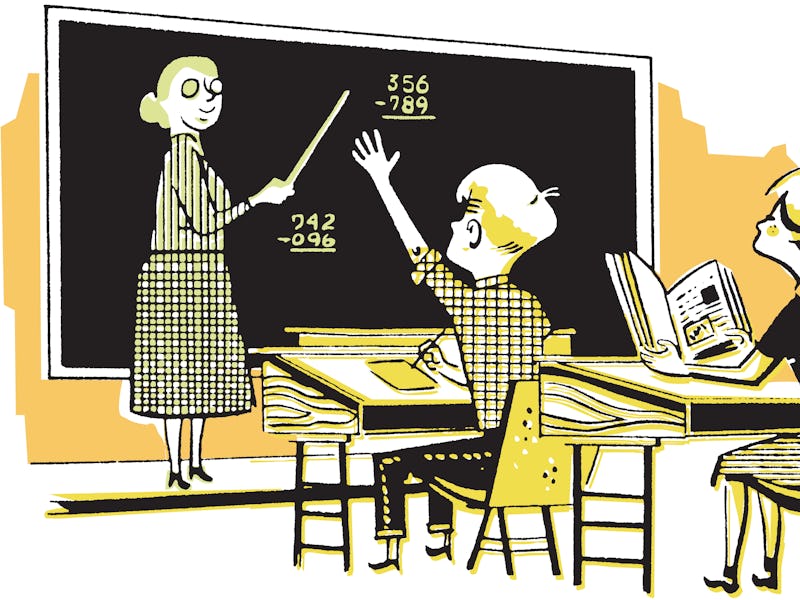This may be the fastest way to learn something new, according to science
Perfection is not the ultimate goal of learning, researchers say.

The fastest way to learn something new — a language, a concept, or an instrument — hinges on how hard it is, according to a study published in November 2019. If a task is too easy or tough to tackle, learners become bored or frustrated, and outcomes suffer.
Optimal learning happens when learners make errors about 15 percent of the time, the study suggested.
Inverse is counting down the 25 biggest stories of human potential of 2019. This is #13.
“As a learner, the thing to focus on is to make sure you’re pushing yourself and getting into this region of intermediate difficulty where you are making mistakes and getting things wrong and accepting that’s part of how you learn,” Robert Wilson, a researcher at the University of Arizona and author of the study, told Inverse at the time.
To determine this learning sweet-spot, the researchers tested how the difficulty of training impacts the rate of learning across a range of learning algorithms, artificial neural networks, and computer models thought to simulate learning in humans and animals.
At an 85 percent accuracy rate, not only did learning progress fastest, additional effort had the biggest payoff, the researchers found.
“Eighty-five percent is the place where if you put in more cognitive effort and concentrate more, that will boost your performance the most, whereas with 50 percent accuracy or 100 percent accuracy, concentrating more is actually not going to boost your accuracy at all,” Wilson said.
The “85 percent rule” goes against the common educational stereotype that perfection is the ultimate goal of learning. Bumps and failures are critical processes on the way.
“We reward perfection maybe too much,” Wilson said. “Errors and mistakes are just a part of life and as we’ve shown here, a crucial part of learning.”
The study could have practical implications in the classroom, especially on the frequency and difficulty of learning assessments. Low-stakes testing, where students are expected to miss a few questions, could be more effective than end-of-the-semester high pressure exams.
For anyone hoping to learn Spanish in the New Year or struggling to master calculus, the research suggests attempting problems just at the edge of your competence, and be patient if you trip up.
As 2019 draws to a close, Inverse is revisiting 25 striking lessons for humans to help maximize our potential. This is #13. Some are awe-inspiring, some offer practical tips, and some give a glimpse of the future. Read the original article here.